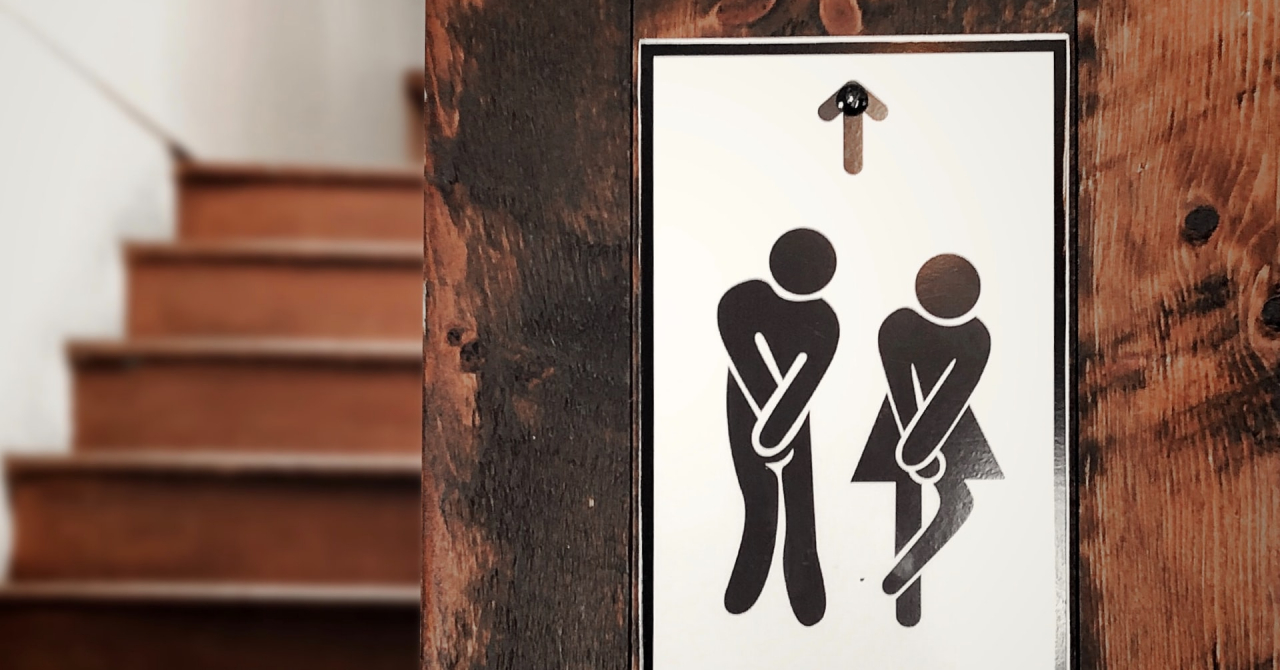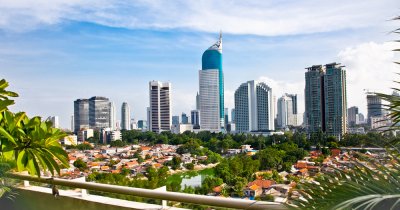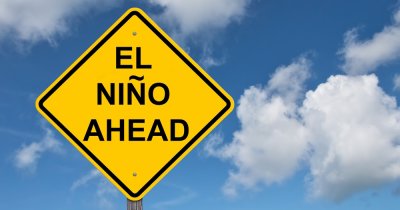Synthetic fertilizers used nowadays can boost agricultural production but if used in excess, they pollute the environment. So, scientists had to come up with less polluting and also cheaper alternatives.
In order to grow, plants need nutrients, nitrogen, phosphorus and potassium. And we ingest these nutrients while eating and secrete them, mostly, through urine. So the „liquid gold”could turn out to be a very good solution for natural fertilizers for the agriculture industry.
The idea put forward by the scientists in France is not unique, but has an agricultural approach. For example, we were writing in February about a study by Griffith University from Australia that tries to find out if human urine can be a sustainable source of fertilizing plants and lawns in city parks.
At the same time, in Sweden, starting with 2021, a team of researchers has begun working with a local company that rents portable toilets. The goal is to collect more than 70,000 litres of urine over 3 years from waterless urinals and specialised toilets in several locations during the summer tourist season. They dry the urine into concrete-like pieces, which they hammer into powder and press into fertilizer granules that fit into standard farm equipment. A local farmer uses the fertilizer to grow barley that will go to a brewery to make beer.
And Toopi, a French fertilizer startup founded back in 2019, uses urine to produce their own variant of a fertilizer. While the company is at an early stage, it already signed a collaboration with an important fertilizer distributor for the next three years.
According to Euronews, separating and collecting the urine at the source could mean that there will be a need to rethink toilets, the wastewater collection network, but also to overcome preconceived ideas.
Separating urine from toilets has already been tested since the 90s in villages from Sweden, then in Germany and Switzerland. Experiments that could help transform human urine into fertilizers are being conducted in the US, South Africa, Ethiopia, India or Mexico.
 Oana Coșman
Oana Coșman












Any thoughts?